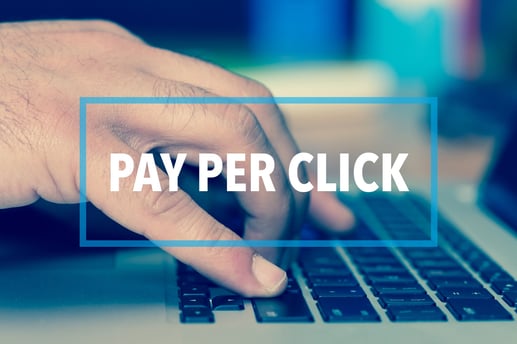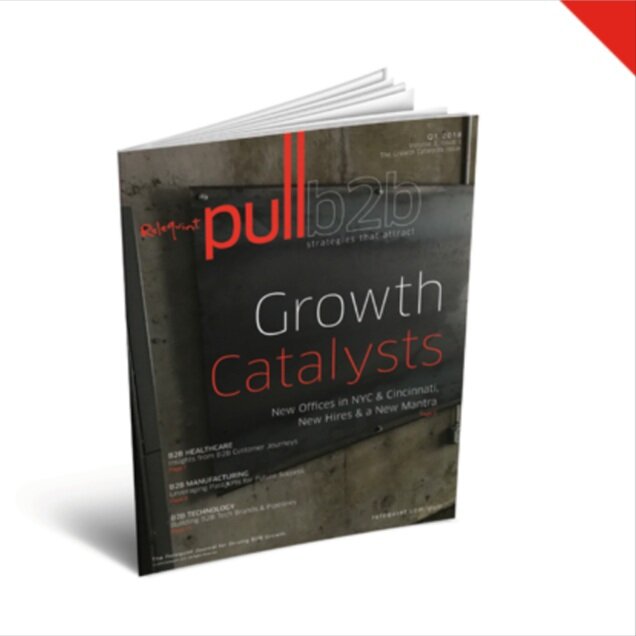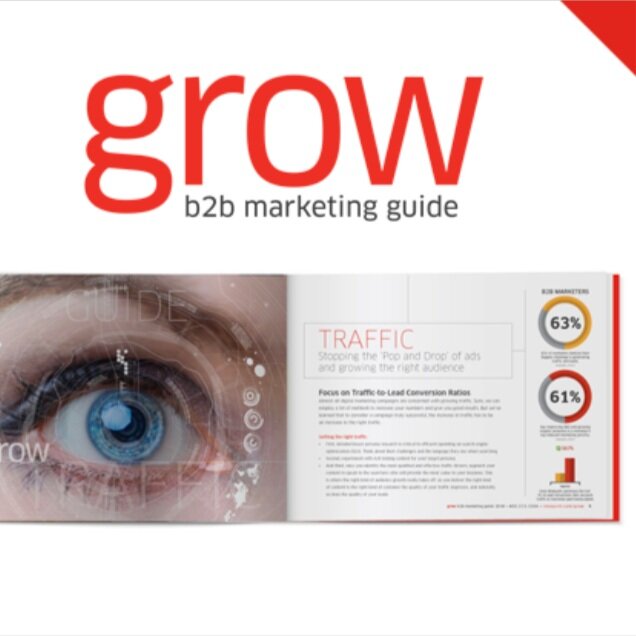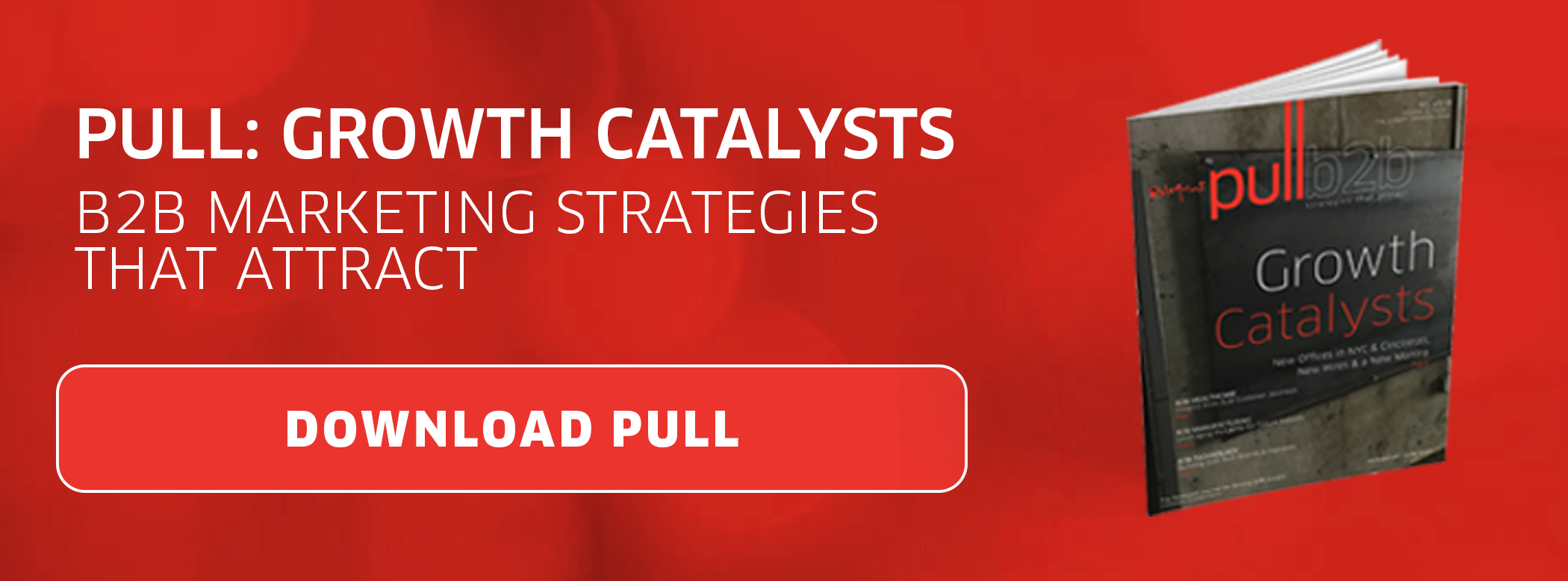 Are you running PPC campaigns alongside your inbound marketing campaigns just because you know you should be? When was the last time you really thought through your goals, how well you’re meeting them, your PPC budget and what kind of return you’re getting on that investment?
Are you running PPC campaigns alongside your inbound marketing campaigns just because you know you should be? When was the last time you really thought through your goals, how well you’re meeting them, your PPC budget and what kind of return you’re getting on that investment?
Before you launch your next PPC campaign, take the time to work through what you're trying to achieve and how you want to get there so you can produce a positive ROI. To accomplish that, make sure your B2B PPC strategy includes these four key components:
1. Measurable Goals
When setting goals for your PPC campaigns, make sure they are more specific than "more leads" so the rest of your strategy is laser focused. If your goals aren’t specific and measurable, then it will be difficult to determine if your campaign is successful, and proving ROI will be nearly impossible.
If your ads are getting lots of impressions and clicks, that might sound like good news. If you see an uptick in leads, that's good news too. But are those increases enough to make the cost worth it? When you start off knowing what metrics you need to hit to make your campaigns profitable, you can also make more informed decisions during the campaign when it's time to make small changes.
2. Dedicated Landing Pages
Every PPC ad you run should have a unique, dedicated landing page or make use of dynamic content to replace the main text of the landing page so it matches the ad. Not only will this help you when it's time to check on the success of your campaigns, but it will also help you optimize for conversions. If you try to make one landing page do too much work by receiving clicks from multiple campaigns, you'll have to keep them too generalized to appeal to a broader audience — and generalizing is never good for conversions.
To optimize conversions on your landing pages, they must be a clear reflection of the initial search performed by the prospect, and the ad that brought the click in the first place. Make sure your landing page headline readily communicates this, and use a simplified, above-the-fold form for collecting information. Lastly, don't clutter up the page with unnecessary text and navigation links. Keep it clean and simple.
When it comes to your landing page's call-to-action, that little button can make all the difference in your conversions. First, make sure your CTA buttons look like buttons and that they stand out significantly from the rest of the page. Give it some exciting, compelling text that matches the action you want the user to take. Download Now! Start Your FREE Trial! Get Your Copy Now!
3. Keyword Strategy
You're likely to spend a lot of time researching keyword possibilities for your PPC campaigns so we'll try to summarize here with a few essential points. First, know whether you're going after buyers or browsers as certain search words will attract a higher portion of one or the other. For example, when the word "price" is used, it usually signals a buyer.
Next, make sure you're using the right combination of broad and exact match keywords. Exact matches are more precise and usually produce better conversion rates, but broad matches cast a wider net, as Google will show your ad for variations of your words along with the words themselves.
For example, if you're trying to target searches with "accounting software," broad match results might include "bookkeeping software," "auditing software," "financial reporting software," and other similar variations. You might also get people searching for personal solutions.
If this net is too wide, you might get better results targeting several exact match phrases such as "enterprise accounting software," "business accounting software," "best accounting software for construction companies," etc., depending on your target audience.
4. Ensure Everything Works Together in Harmony
Instincts may lead marketers to focus first on the ads, and then create the other pieces of the PPC campaign to support the ads. However, every element is equally important to the success of your B2B PPC objectives. When you start with the ads, your tendency will be to create everything else to support the ads rather than your objectives.
Instead, the entire process must work together in harmony. Here’s how to do that: Start by setting measurable, specific goals. Next, determine the right keyword strategy for your campaign and design landing pages that deliver on those queries. Then, you'll have a better idea of what your ad needs to do to support your goals.
Making Music
The most critical factor of any successful B2B PPC strategy is that each element delivers on the same idea. A potential prospect has a question, and you have the answer. When all of your pieces line up into a perfect symphony, searchers will feel like their questions are being answered rather than feeling drawn in by clever advertising. The result is happy prospects and more conversions. ![]()







 By
By 
